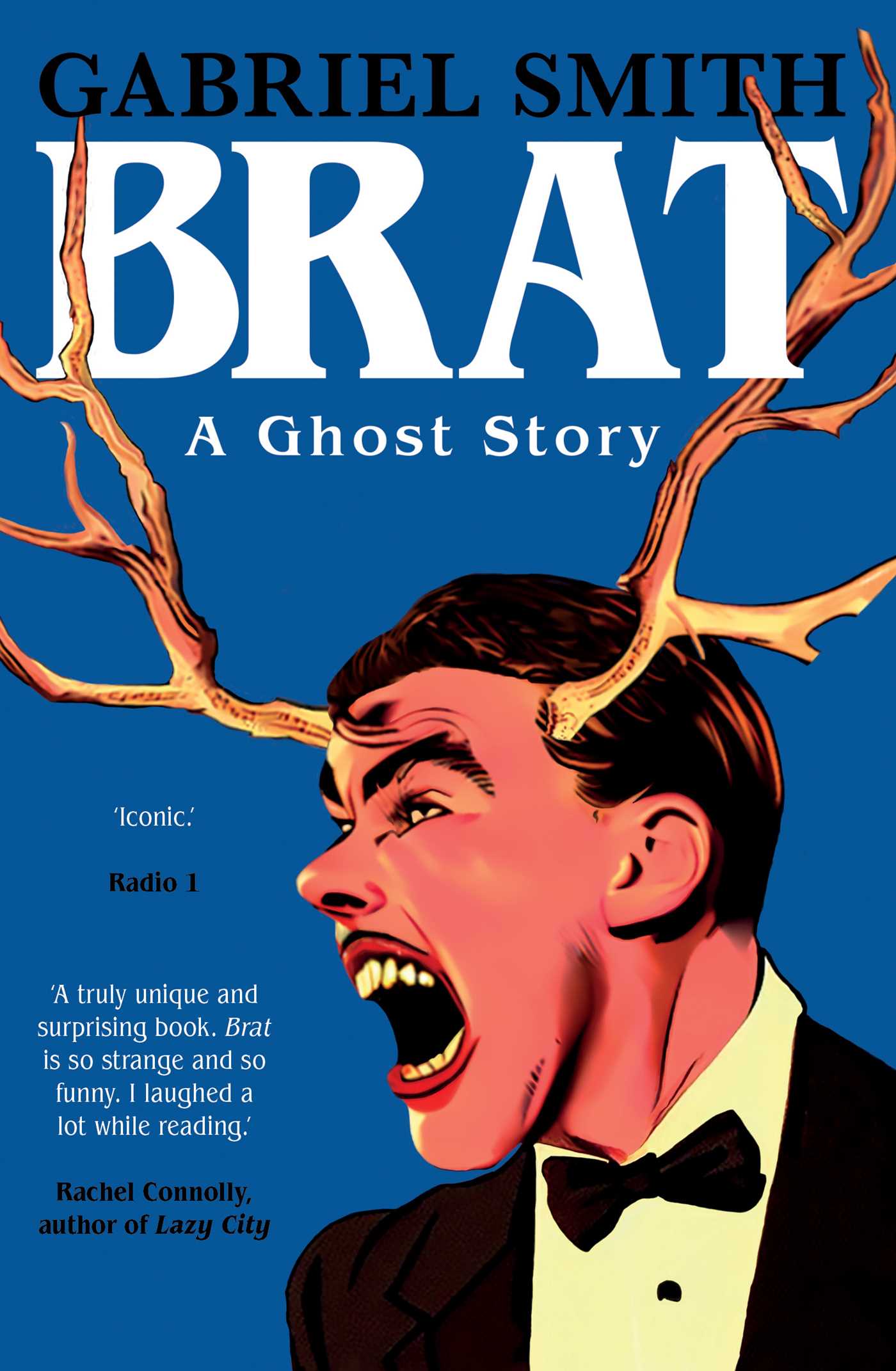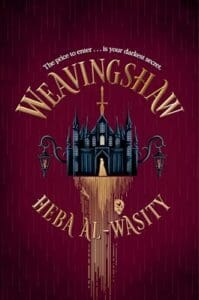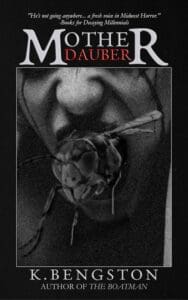
Synopsis:
Gabriel’s skin is falling off.
His dad is dead.
He owes his editor a novel.
His girlfriend won’t answer his calls.
Tasked by his horribly well-adjusted brother with clearing out the family home for sale, Gabriel’s sanity quickly begins to unravel. His parents’ old manuscripts appear to change each time he reads them. A bizarre home video hints at long-buried secrets. And there’s a hideous man in the garden.
Disquieting and hilarious, taut yet lyrical, blisteringly-paced but formally inventive, Brat is a mediation on grief, art and love that will leave you altered, breathless and desperate for more.
Review:
“Brat,” is a book I snagged because, let’s be honest, anything our beloved Anna Dupre (professional enabler) recommends, is going straight in my basket. “Brat,” is a book I read because I thought I may be able to ride the wave of Charli XCX’s homonymous viral pop sensation to social media stardom. In my quest to revive my slowly dying instagram however, I found what may be a contender for my top 10 of the year. Cyclical, lyrical, and deeply, deeply strange, “Brat,” is a must-read for those whose idea of a good book is one from which you have to recover- I see you, and we should be friends. This meta-mind-fuck of a novel (I think) discusses grief, accountability, and an aversion to change- although who knows what wild revelations you may find within its pages.
If I were forced to describe this book in a word, it would be “funny,” perhaps unfortunately, no one is here to put a word limit on my ramblings, so I shall expand. The book is at times, deeply personal, considering the author and protagonist share the name Gabriel Smith. This is juxtaposed completely, in that the first person narration is so cold- purely observational. Whilst, as I told you earlier, this is hilarious, as it reads like a creepy “Eleanor Oliphant,” and leads to some rather iconic passages (“‘Listen, you stupid purple bitch,’ I said. ‘Shut the fuck up about my dad.’”) I think the main reason it works so well is that it’s simultaneously incredibly disturbing. Without spoiling anything that happens, our protagonist is subjected to some pretty traumatic things, and to hear him recount these events in such a straightforward manner, adds to the already overwhelmingly weird feel of the novel. Much like “Haunted,” by Chuck Palahniuk, our main story is broken up with snippets of other literature- my favourite and the most bizarre of the bunch being “Cum Tributo.”
I don’t think the point is for the reader to connect every dot, unearth every theme, decipher every piece of symbolism- much like an abstract painting, the details are yours to interpret, and thus, the message you take away from it is uniquely your own. I believe that a huge aspect of the novel is denial and resistance to change. As it says in the synopsis, Gabriel is going through a lot, his dad has died, his mum is dying, and he is being tasked with literally clearing out his childhood- these monumental shifts are perhaps reflected by the ever-changing manuscripts and tape he discovers, highlighting the instability of what may be his reality, or maybe simply his mental state.
The recurring motif of deer, which shed and regrow their antlers annually, symbolise transformation, and could have been employed deliberately to represent change further. Should that be the case, then Gabriel is literally haunted and taunted by this, embodied by the deer within his mother’s fiction and the bizarre, deer mask-wearing figure in his backyard. This gradual disintegration of everything that he knows, as well as the following emotional breakdown may be reflected in the shedding of his skin and the deteriorating state of his Fall of The House of Usher-esque home.
Were matters not already complicated enough, we have to add meta into the mix. For those who don’t know, meta-fiction is fiction that acknowledges itself as such- and things often get messy. Perhaps the most straightforward reason Gabriel (the author) might have employed this technique (thus, by the way, creating a nice little cycle) is because it adds to the already long list of ways he has fucked with our fragile minds. A more interesting theory is that by the protagonist attempting to write a piece of fiction about the madness he experiences, he may be trying to create a level of disconnect between himself as the author and what he tries to pass off as fiction, as well as achieve catharsis. Whilst this showcases the human tendency to reframe and reinterpret anguish through the lens of art and fiction, it may also be challenging readers to question the nature of truth within text. Similarly to Catriona Ward’s masterpiece “Looking Glass Sound,” (again, debatably) the act of writing becomes an existential exercise, a coping mechanism used to impose structure onto chaos, and assert a semblance of control over the uncontrollable- in doing so, unpacking the complexities of self perception, and the importance of story-telling. This layering of fiction within fiction not only enriches the thematic depth of the novel, and makes things a whole lot weirder, but also engages the reader in a more participatory experience, muddling the lines between author, protagonist, and audience.
I’ve omitted thus far that Brat’s full title is “Brat: A Ghost Story,” because it’s something I wanted to discuss. With the strange figure in the back garden, the shifting manuscripts and the crumbling house, yes, “Brat,” has all the hallmarks of a literal ghost story. Furthermore, I felt the novel itself (which straddles the line between fiction and reality) exudes its very own haunting sense of self-awareness, an expression of trauma, making it somewhat of a liminal, spectral entity of its own. I think the most interesting (and probably most likely) take however is that the ghosts appear in fractured identities and alternate selves. Gabriel does not just have his personal grief to unpack, but the spectral weight of family legacy and inherited stories. These fit the definition of ghosts almost literally, being fragments of the past that refuse to be forgotten or fully understood, and with each change of a manuscript or discrepancy in the tape rendering Gabriel fearful, it’s safe to say that one way or another, “Brat,” has earned its spectral stripes.
In conclusion, “Brat,” is a novel I am still in the process of unpacking, and has left me feeling empty, and nursing a headache- it’s brilliant. For horror readers looking for a laugh, and a departure from more traditional scares- this is the genre-bending, gothic, ontological crisis for you. If you are sad and weird, read this book- it’s also sad and weird.
Read Anna’s review here.









Leave a Reply